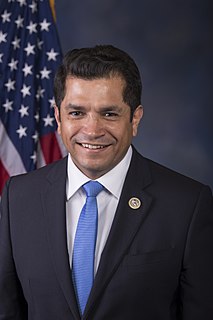A Quote by Clarence Thomas
When I was a kid, we said that we were precluded from going to certain neighborhoods because of the color of our skin Now the neighborhoods are the neighborhoods of ideas, youre not supposed to be there because of the color of your skin.
Related Quotes
Long before there was discrimination against blacks, there was discrimination against white southerners. When large numbers of these country people moved north during World War II, they were aggressively excluded from neighborhoods, jobs, and homes - not because of their skin color, but their accents.
The schools that suffer are the schools in, in poor neighborhoods. They are the neighborhoods with the greatest need, with the parents struggling to work and to make ends meet. They don't have enough resources to give, they don't have enough resources to pay more, and these are the neighborhoods that go first.
My mom always said to us, "You cannot judge anybody because of the color of skin." There were a lot of African immigrants in Italy at the time, and people would not even say hi in the street. And my mom, she would invite these people to the house. This is what I got from my mom: to not judge people because of their sexuality, their skin color, their religion, nothing.
All these people who think they deserve free health care, or a job, or a plasma screen TV, simply because they radiate heat at 98.6 degrees, or because they were born in a certain place, or because they have a certain skin color - it's all bunk. There's no such thing as a 'just' wage. There's only what you earn.

































